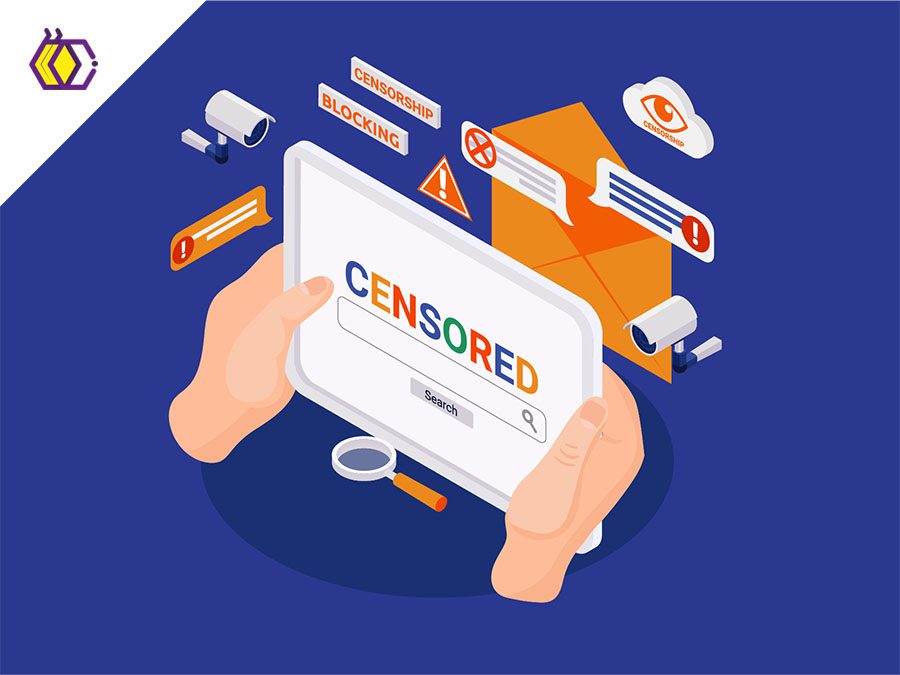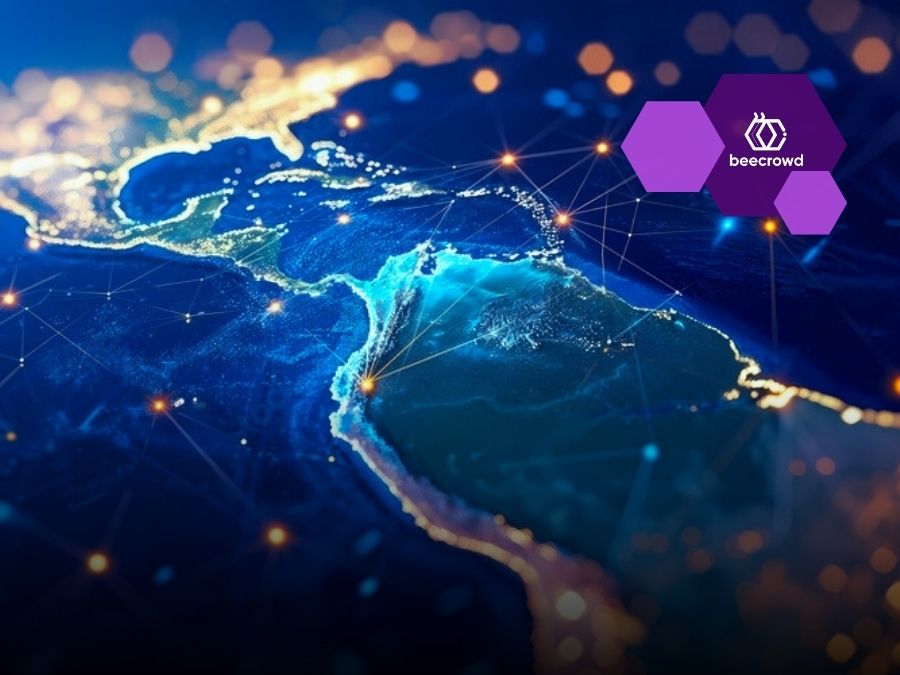

World Day Against Cyber Censorship
(7 minutes of reading time) In addition to being known as Women's Month, March also has a very important date when it comes to freedom of expression and democratization of the Internet: World Day Against Cyber Censorship, celebrated on March 12. This commemorative date is the result of a movement prepared by the NGO Reporters Without Borders, originally from France and founded in 1985. The idea is to promote discussion in favor of democratization, accessibility, and popularization of the Internet in the world. Another important focus of the NGO is to move the debate on freedom of expression on the Internet into a movement against censorship and in favor of the transparency of large corporations and public entities. In Brazil, there are 3 major projects against cyber censorship and in favor of greater transparency on the Internet. However, some countries go against this position by restricting the limits of the Internet even more. Celebrated since 2009, the World Day Against Cyber Censorship makes public a movement for more transparency and legitimacy to the processes carried out around the world on the Internet. There is an estimate that about 50% of Internet users live in countries with constant cybercrimes involving robberies, thefts and deaths. Most of the time, these crimes end up unsolved due to the lack of legitimacy of the Internet network. Some of the most common crimes related to Internet activities are: email fraud, information interception, extortion, theft of financial data, copyright and image infringement, illegal drug and organ sales, hate speech and computer hacking. According to the NGO Reporters Without Borders, some of the countries with the most problems related to the democratization of the Internet are: China, Iran, Saudi Arabia and Vietnam. Russia is also on the way to join the list. This is because, in 2019, Russia approved a law that goes the wrong way of technological evolution towards the democratization of the Internet. In this case, the Russian Government is now allowed to interrupt its population's access to the Internet. The result of this action is the possibility of controlling the Internet in the country and, consequently, the censorship of those who oppose the current regime, bringing less transparency and greater insecurity, in addition to making Russia a country with higher probability of cybercrimes. FREEDOM OF EXPRESSION IS STILL AT RISK According to data released by the NGO Freedom House, 42 out of 65 countries have requested the removal of content with political or religious content, noting an increase of 5 countries since the previous report, made in 2014. Of the total number of countries that were analyzed, 40 were stricter and arrested people for sharing a social, political, or religious nature. On the other hand, 14 countries were less strict and passed laws that legitimize the surveillance of web activities. The report released by the NGO points to countries such as China, Syria, Iran, Ethiopia, and Cuba as the ones experiencing the most problems related to Internet transparency and freedom of expression. On the other hand, and contrary to these countries, the NGO Freedom House reported that the countries that most respect freedom of expression are: Iceland, Estonia, Canada, Germany and Australia. THE IMPORTANCE OF FREEDOM OF EXPRESSION ON THE INTERNET The internet is a powerful communication tool that can help people share their thoughts and ideas to the world. On the other hand, freedom of expression is an important principle for the internet. It provides a voice for those who would otherwise not be heard and helps people challenge social norms. In recent years, we have seen many cases of internet censorship. Some countries censor sites they don't approve of because they believe these sites are a threat to their culture. Freedom of expression on the internet allows people all over the world to communicate and share their beliefs, values, and opinions. This freedom also allows for a multiplicity of points of view, which is necessary for a democratic society. The internet freedom has also encouraged innovation in many industries such as entertainment, education, journalism, art, and more. This freedom allowed the creation of new business models that were not possible before. Some countries censor websites that criticize their government or political system. The importance of free speech online is deeply rooted in its history and has been an issue since the early days of the internet. WHY SHOULD WE DEMOCRATIZE INTERNET ACCESS? Internet access is a human right. It is an important part of the modern world that we cannot live without. The internet has connected people all over the world and made it possible to exchange ideas, share knowledge and collaborate in ways never before possible. These days, Internet access must be available to everyone. It shouldn't depend on your financial situation or location. We need to ensure that everyone has the same opportunities as those who are lucky enough to have an internet connection at home or work. The Internet is one of the most powerful tools of our time. It allows people to learn, communicate and share information. But the Internet is not accessible to everyone. There are still many people who don't have access to it and that needs to change. The first reason for its democratization is that it will help us achieve the United Nations Sustainable Development Goals (SDGs). One of the objectives is precisely to “reduce inequality within and between countries”. This can be achieved by giving everyone equal access to the Internet as it will allow them to learn, communicate and share information with others more easily than before. In addition, it will help the economy to grow more sustainably. It is important to consider that the Internet is, today, a major vehicle of broadcasting information. Thus, its democratization helps to disseminate important information and data to the world population. In this sense, it is essential to have a technological education to prevent the spread of Fake News and to further improve the capacity of users of the global Internet network. Do you like our content? So, follow us on social media to stay on top of innovation and read our blog. Reference: https://bit.ly/3rmB2ia https://bit.ly/3oogfZE https://bit.ly/3GjscWF https://bit.ly/3gmAHG4 https://bit.ly/3J4J4T3
Share this article on your social networks:
Rate this article:
[yasr_visitor_votes size=”medium”]



